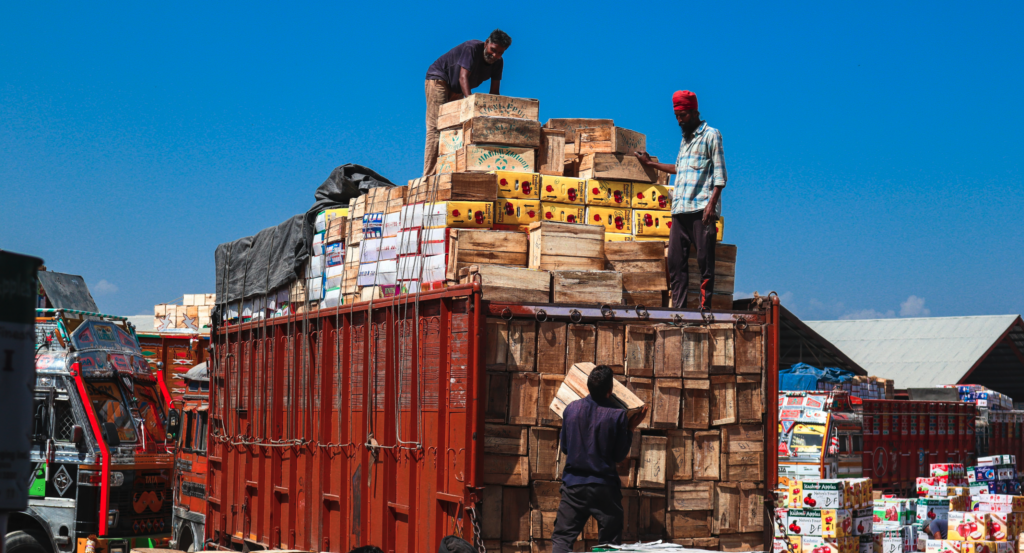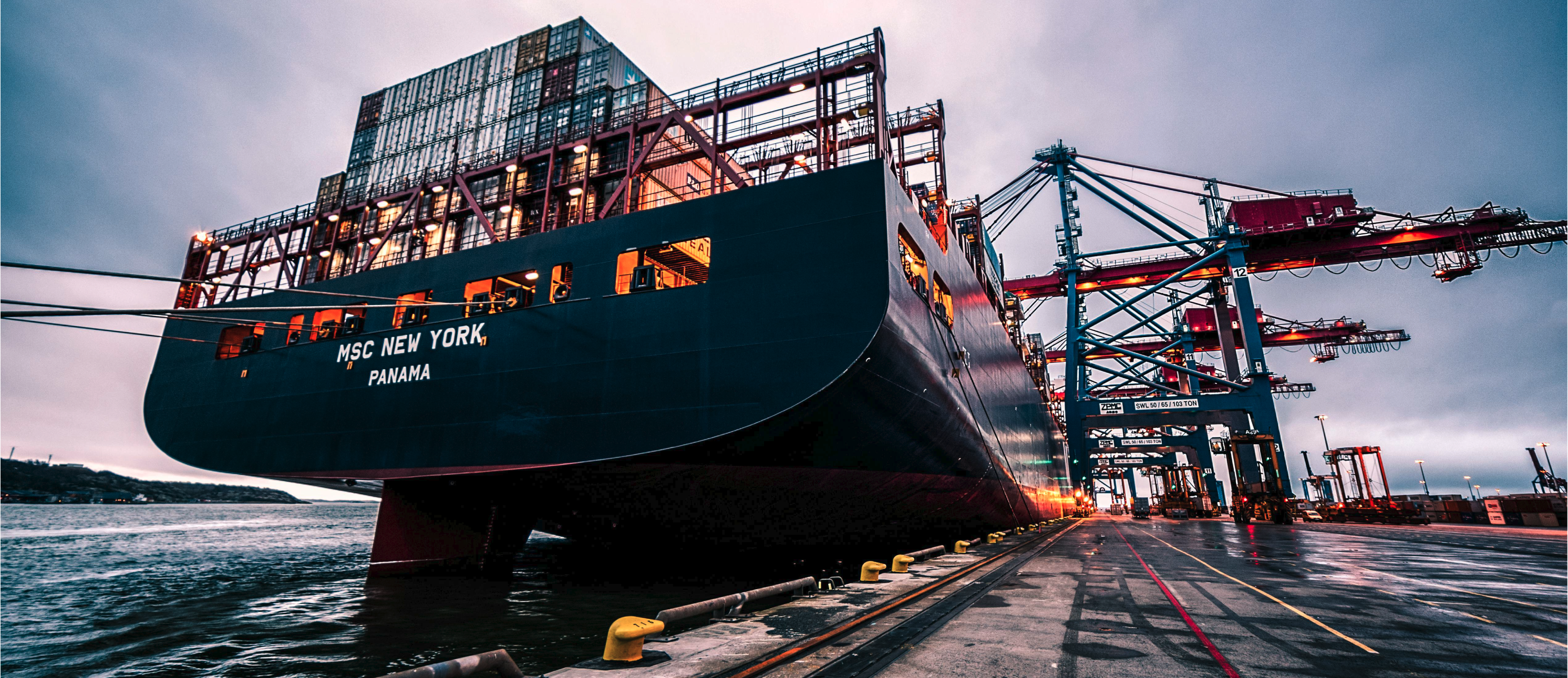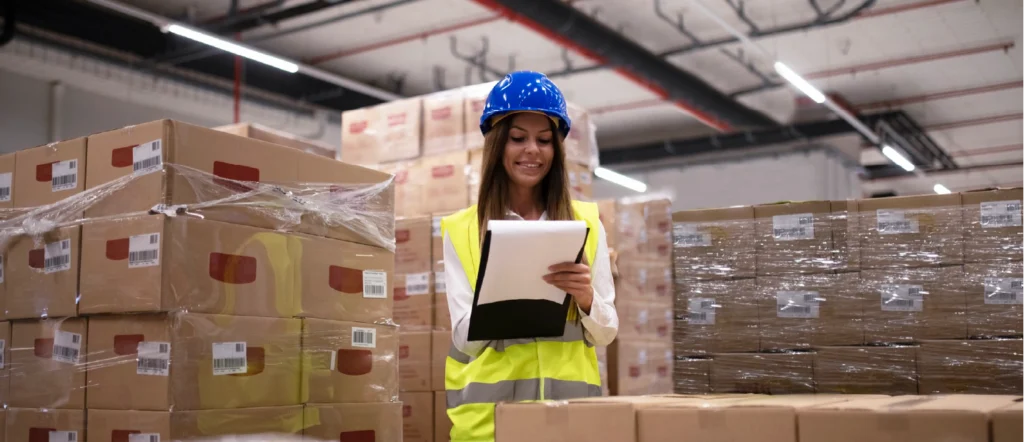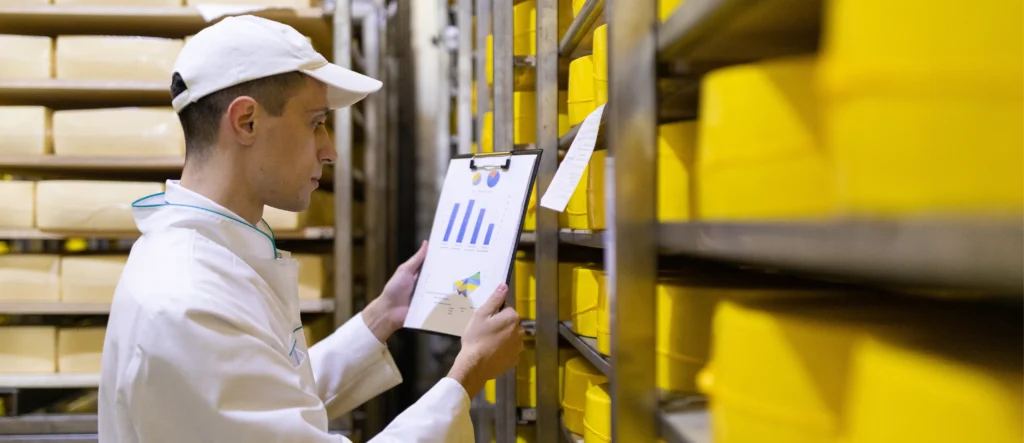What is logistics?
There are several definitions of logistics, however, the one that seems most complete is that of the Canadian Association of Logistics Management which states: The process of planning, implementing, and controlling the efficient, cost effective flow and storage of raw materials, in-process inventory, finished goods and related information from point of origin to point of consumption for the purpose of meeting customer requirements.
In other words, it is a comprehensive process that encompasses goods receiving, inventory management, warehousing, transportation, packaging and even risk management in the supply chain.
Why study logistics?
Logistics has become a very attractive profession within industry and commerce, but above all, at the academic level. The Logistics Performance Index (LPI) has identified the training of logistics and supply chain management specialists as one of the most important tasks for the functioning of the global economy.
Now let's take a closer look at the advantages of working in this area.
The good
Working in logistics can be rewarding for a number of reasons:
Variety of tasks: In logistics, you may find yourself performing a wide range of activities, from planning transportation routes to managing inventories and coordinating product delivery. This can keep your job interesting and challenging.
Direct impact: Logistics plays a crucial role in the supply chain, which means that your work has a direct impact on efficiency and customer satisfaction. Being able to see how your efforts contribute to the overall success of a company can be very rewarding.
3. Skills development: Working in logistics gives you the opportunity to develop a wide variety of skills, from organizational and management skills to analytical and problem-solving skills. These skills are highly transferable and can be valuable in a variety of industries.
4. Labor demand: With the growth of e-commerce and globalization, the demand for logistics professionals is on the rise. This means that there are many opportunities for professional growth and development in this field.
5. Collaborative work: Logistics often involves working in teams and collaborating with different departments within a company, as well as with external suppliers and partners. This can foster a dynamic and collaborative work environment.
6. Need for advanced technical and management skills: To be successful in logistics, it is necessary to have advanced technical and management skills, as well as a thorough knowledge of the systems and technologies used in the supply chain. This may require constant skill upgrading and a commitment to continuous learning.
As we can see, working in logistics can offer you an exciting and rewarding career, where you can develop valuable skills and have a significant impact on the success of a company.
However, it's not all plain sailing, and here we also tell you about the disadvantages of this area of work.
The bad
While working in logistics can be rewarding, it can also present challenges and less favorable aspects such as the following:
1. Pressure and stress: Logistics often involves managing tight deadlines, solving unforeseen problems and coordinating multiple variables. This can generate high levels of stress and pressure, especially during periods of high demand or in crisis situations.
2. Irregular schedules: Depending on the type of logistics operation you work in, you may face irregular schedules, rotating shifts or the need to be available outside working hours to deal with emergencies or unforeseen situations.
3. Changing work environment: The dynamic nature of the transportation and supply chain means that conditions can change rapidly. This can require adaptability and flexibility on the part of logistics workers, as well as the ability to deal with uncertainty.
4. Responsibility and rapid decision making: Logistics professionals often have to make important decisions in real time that can have a significant impact on operational efficiency and customer satisfaction. This responsibility can be overwhelming at times and requires a high level of attention to detail and ability to handle pressure.
5. Exposure to operational risks: Logistics involves managing a variety of operational risks, such as transportation delays, loss or damage of goods, regulatory compliance issues, among others. Errors in managing these risks can have financial and reputational consequences for the company.
As you see it, working in logistics can be challenging due to pressure, irregular hours, the changing nature of the work and exposure to various operational risks. For those who enjoy a dynamic environment and are willing to face these challenges, it can offer a fulfilling career full of opportunities.
Now let's look at other unpleasant aspects of this work.

The ugly
Working in logistics can have its challenges and less pleasant aspects, which could be considered "ugly" in certain contexts. Here are some of those potential drawbacks:
Physical work and adverse conditions: Depending on your specific logistics role, you may be faced with tasks that require heavy lifting, working in adverse weather conditions or repetitive manual labor, which can be strenuous and challenging to your physical health.
Responsibility and risk of errors: In logistics, even small errors can have significant consequences, such as delivery delays, loss of goods or customer dissatisfaction. This constant pressure to avoid mistakes can be stressful and increase the level of perceived liability.
3. Interacting with dissatisfied customers: In some logistics roles, you may have to deal directly with dissatisfied customers due to delivery problems, order errors or quality issues. Managing these situations can be challenging and unpleasant, especially if customers are frustrated or angry.
4. High levels of competition: The logistics industry is highly competitive, with many companies competing for contracts and customers. This can result in additional pressure to meet performance standards and maintain operational efficiency, which could lead to tensions in the workplace.
Finally, it should be noted that you must be prepared and constantly updated to work in any area of foreign trade, customs or logistics with all that entails these labor fields that move the economy of any country.
What do you think? Are you studying or already working in logistics? Tell us about your experience.
At ABC Logistics human talent is our greatest value, we work with perseverance, innovation and creativity in order to achieve the goals set by our customers.





